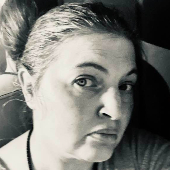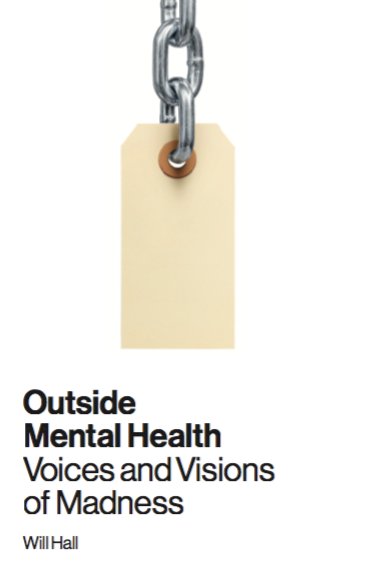Sex Drugs Harm Reduction | Caty Simon | Madness Radio

How do decriminalizing drug use and sex work advance mad liberation? What lessons can psychiatric survivors learn from the harm reduction movement? Caty Simon’s activist leadership spans the low-income rights, psychiatric survivors, sex worker, and drug users union movements, and she was a key organizer at Freedom Center in Western Massachusetts. Caty is on the leadership team of National Survivors Union (NSU), the US drug users union; is a founding co-organizer of Whose Corner Is It Anyway, a mutual aid group by and for low-income, street, and survival sex workers who use opioids and/or stimulants and/or experience housing insecurity; and leads Narcofeminism Storyshare, a collaborative autobiographical story development and key publics training stigma reduction project at NC Survivors Union, the flagship affiliate group of NSU. Caty is currently a research assistant at the Yale School of Medicine, and in 2023 received the International Drug Policy Reform Conference’s Alfred R. Lindesmith Award. Caty reunites with longtime colleagues and Madness Radio co-hosts Jacks McNamara and Will Hall to talk about psychiatric incarceration and her 20 years experience in the harm reduction movement for drug user, sex worker, and mad people liberation. (Transcript) 58 min version
To contact Caty: caty@urbansurvivorsunion.org
The principles of harm reduction, as defined by the National Harm Reduction Coalition: https://harmreduction.org/
Whose Corner Is It Anyway crowdfund: https://www.gofundme.com/f/
Caty’s research publications on Google Scholar: https://scholar.google.com/
A Contemporary Drug Problems journal article on the Narcofeminism Storyshare project: https://bit.ly/3OMVdRz
NC Survivors Union website: https://www.ncsurvivorsunion.
Caty Simon chapter in Outside Mental Health: Voices and Visions of Madness https://bit.ly/42mRWQL
A series of interviews with late Arise for Social Justice Executive Director Michaelann Bewsee, discussed in the interview, from the Smith College Collection: https://smith.hosted.panopto.
Podcast: Play in new window | Download (Duration: 1:10:51 — )
Subscribe: RSS



























 Creative Commons 2.5 copyright
Creative Commons 2.5 copyright